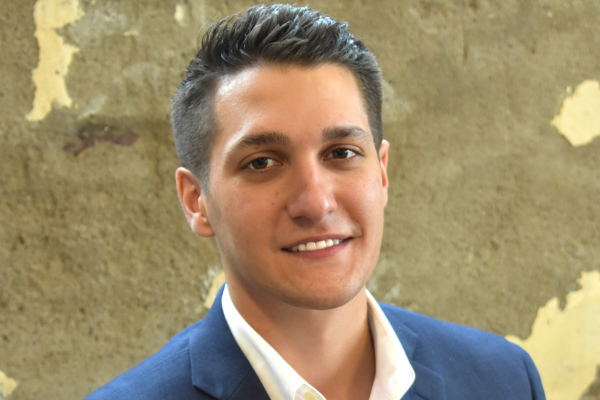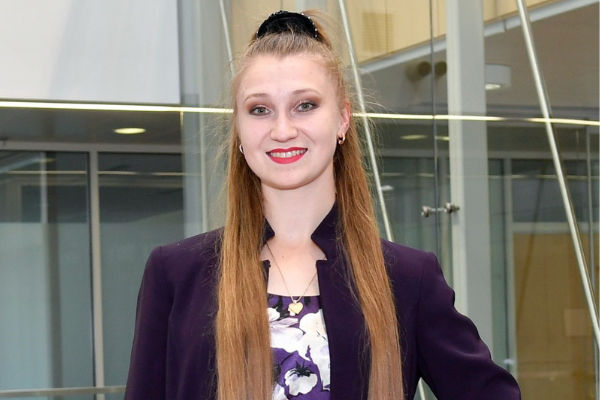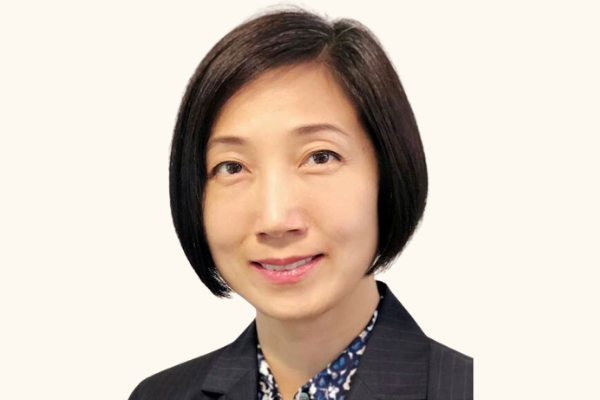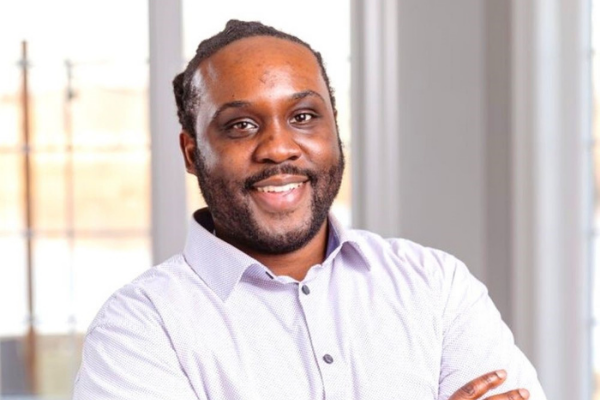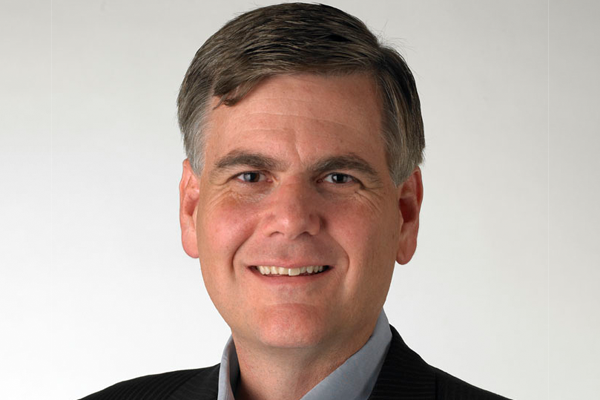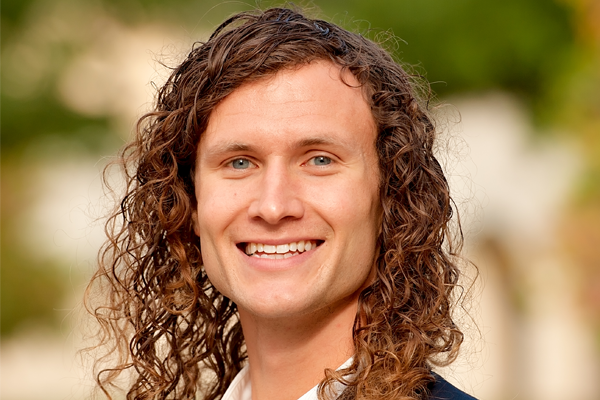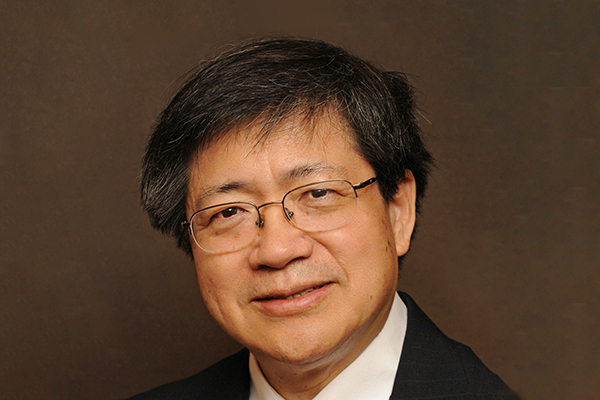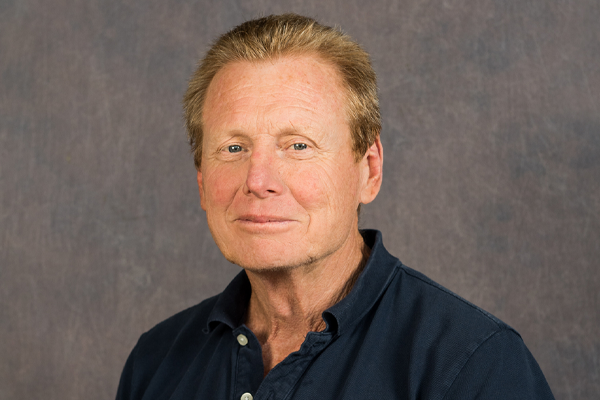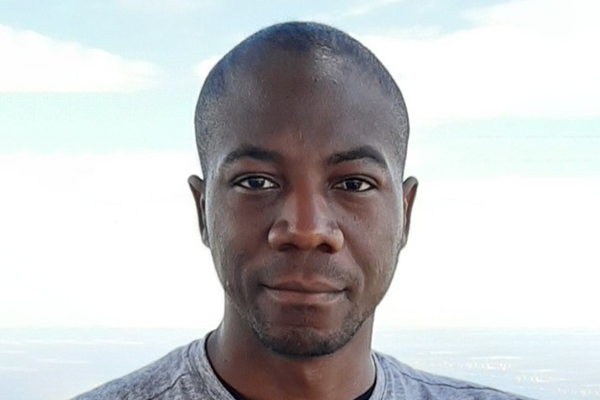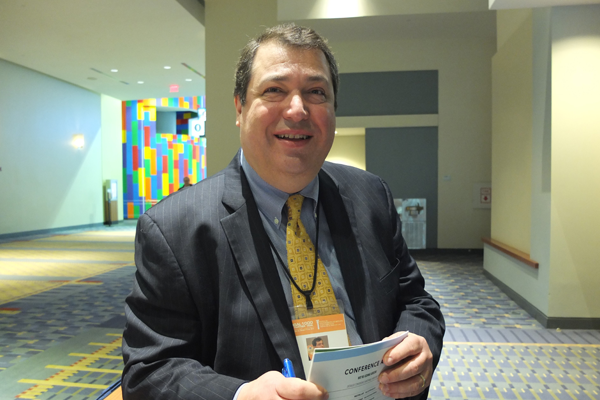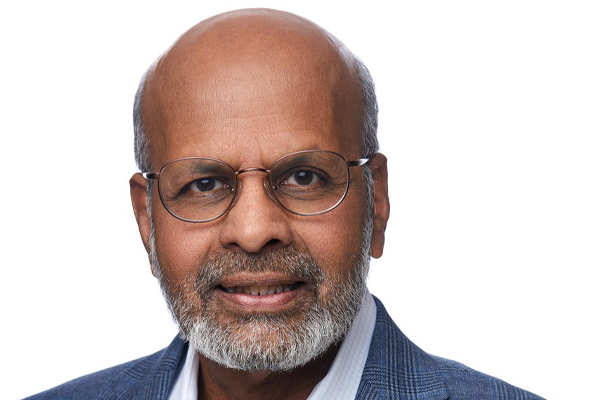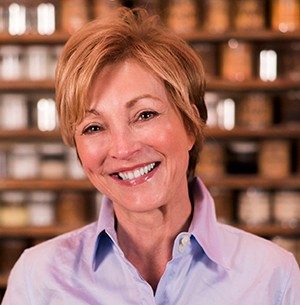
Kathy Gibson is founder and President of Helio Consulting Inc, (www.helioconsulting.com) a leading consultancy firm specializing in innovation, product development and growth in scientific and IT intensive organizations. With over 25 years of experience spanning the pharmaceutical and digital information services industries, Kathy comes from a place of deep personal experience, which she brings to every engagement. Prior to forming Helio, Kathy spent 13 years at Pfizer tackling some of the toughest industry challenges in the areas of productivity, business efficiency, change management and innovation. As Pfizer’s Vice President of Business Innovation, she was responsible for forging partnerships, collaborations, equity interest and acquisitions in healthcare and healthcare technology. Previous to assuming the role of Vice President for Business Innovation, Ms. Gibson was Vice President and CIO of Research IT, leading a 250+ colleague global informatics organization wholly accountable for the development or acquisition of information technology that enables scientific innovation, business efficiency and competitive advantage for 10,000 Research scientists and other professionals worldwide.
Kathy has a longstanding reputation for developing leaders and effective teams. She acts as coach and mentor to a number of clients in the Fortune 500 as well as not-for-profit organizations. She is on the Board of Directors for the Proof Centre in Vancouver, Canada and IO Informatics, in Berkeley, California.
What are some of the bigger obstacles you’ve seen among innovators you help at Helio Consulting?
There are a few common obstacles that many of my client’s experience, chief among them is the ability to muster enough resources either, internal or external, to progress innovation opportunities at the scale and speed they’d like. Another common obstacle I frequently see - particularly in larger, well established organizations - is the capacity to accept and progress innovations that carry high degree of risk.
How did you become involved with Pistoia Alliance?
During the time I was head of Informatics for Pfizer’s Global Research organization, several of the large global pharma’s began to explore which areas of work could be better addressed through pre-competitive collaboration. This led to the launch of the Pistoia Alliance in 2007, which Pfizer was a founding member.
In 2015 I became the Chief Innovation Officer for CAS and was contacted by Pistoia Alliance about CAS’s interest in becoming a member. CAS could see that the mission of the alliance was well aligned with its own and that of the ACS and were thrilled to join the as members. Pistoia Alliance and CAS are now collaborating on a project to provide access to a Hazardous Reactions database that will be made available to the public free of charge.
What led you to transition from Chief Innovation Officer at CAS to independent consultant?
When I became the Chief Innovation Officer at CAS, it was with the idea that my role would be focused on building the organization from the ground up; getting the best talent in place, processes established and build the innovation pipeline. I thought I’d be there for about 1 ½ to 2 years max. I ended staying for five.
CAS underwent tremendous change during that time, and it was extremely rewarding to be have been a part of that. My passion lies with starting up innovation organizations and incubating them. At CAS, I did what I set out to do and it was time for someone else to take the reins. I think there is a saying something like “the right leader, for the right time.” Being an independent consultant gives me the flexibility to work with a number of organizations and to engage in my “innovation startup” passion.
How can the chemical enterprise be more welcoming to women and minorities / underrepresented groups?
I think it is extremely important to begin engaging women and minorities/underrepresented groups early and often. For example, I think the CE should have a strong focus on including individuals in these groups as part of their internship programs and that the work that they do during their internship is building their expertise in demonstrable ways.
Make sure that women, minorities & underrepresented groups don’t just have a seat at the table, but they have a voice. Encourage, and above all reward, open, honest and constructive dialog. Last but not least, build a strong mentorship program in your organization and ensure it addresses some of the unique needs of this population.
Is there an innovation from your previous positions or via an innovator you’ve consulted that you are most proud of?
It’s always a challenge to answer a question like this, because there are so many great innovators out there I’ve had the great fortune to work with. I would say the one that probably rises to the top a bit more for me was some work I did with Voice of the Patient for clinical trials. Of course, anyone who has spent time in developing innovative concepts is well aware of the “voice of the customer” phase, but the truth is, up until that last few years, the voice of the patient has not always had a strong focus.
The work that I have done, as well as many others in this space, is enabling the healthcare industry to rethink how clinical trials are conducted, e.g., the types of data that are collected, and how that data is collected, where it is collected, and how it will be used. Beyond creating more effective clinical trials, I think the thing that was truly fulfilling about that work is the way it empowers the patient and truly gives them a voice.
Is there a need or purpose that hasn’t been fulfilled yet through innovation that you’d most like to see?
CAS sponsors a “Future Leaders” program focused on early career scientists. Students from all over the world attend this immersive program. The CAS innovation team sponsors a “shark tank” like innovation challenge as part of this program. One year a team of these students submitted an idea to create a more sophisticated “GoFundMe” for scientific research.
There were two problems they were trying to solve 1) that many great ideas and dedicated scientists are not able to conduct their research due to a lack of funding and 2) the need to find collaborators with specific skill sets to participate in research programs. Their idea was that this platform would engage corporate, government and individuals interested in funding research. They had done their homework and highlighted a few sites that do some elements of this, but not one that was comprehensive. I have never forgotten this idea, in part, because of the enthusiasm of the team that presented it, and also because I believe we need to do more to support the scientific research community and find ways to engage others as much as possible.
Based on your experience at Pfizer and at CAS, what are some of the trends you’ve observed in life sciences innovation?
I think in life sciences, as well as other research-based industries, I am seeing more and more efforts to break down the traditional silos that have existed for many years. Cross discipline projects are giving way to cross-discipline organizations that are more flexible, creative and efficient.
Similarly, I am seeing much more aggressive data sharing initiatives within life sciences. While breaking down the “data silos” within life sciences is not a new challenge, I am seeing real progress in making data more accessible enterprise wide. This is driven in part by advances in technology, but equally impactful is the focus of the C-suite in investing in programs and technology that enable a successful data strategy.
What do you do in your free time, if you have any?
I am an avid reader and enjoy nothing more than curling up with a good book. In addition to reading, I enjoy cooking, gardening and spending time our boat with the family.
The opinions expressed in this article are the author's own and do not necessarily reflect the view of their employer or the American Chemical Society.
Copyright 2020 American Chemical Society (All Rights Reserved)

